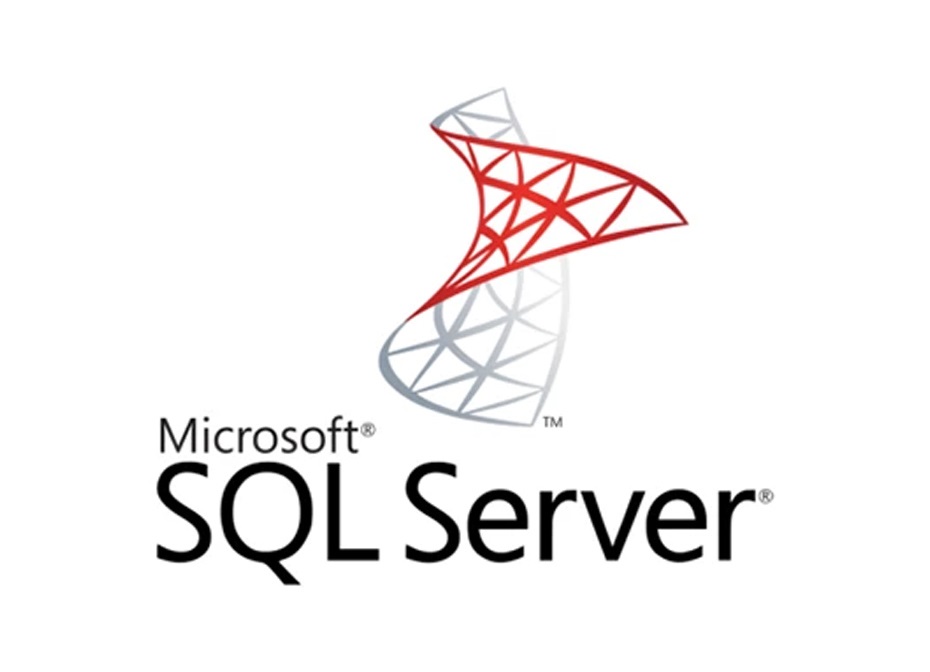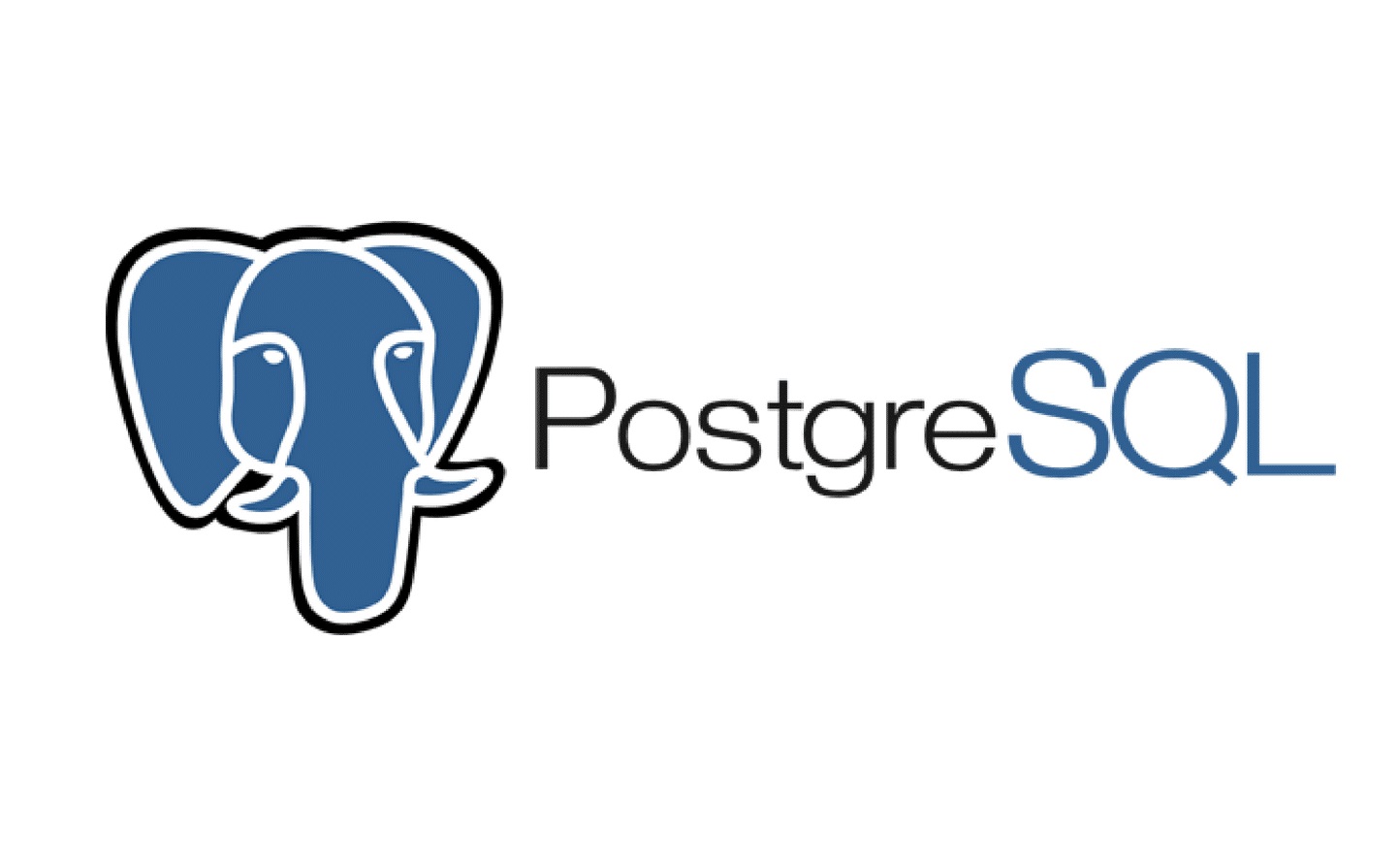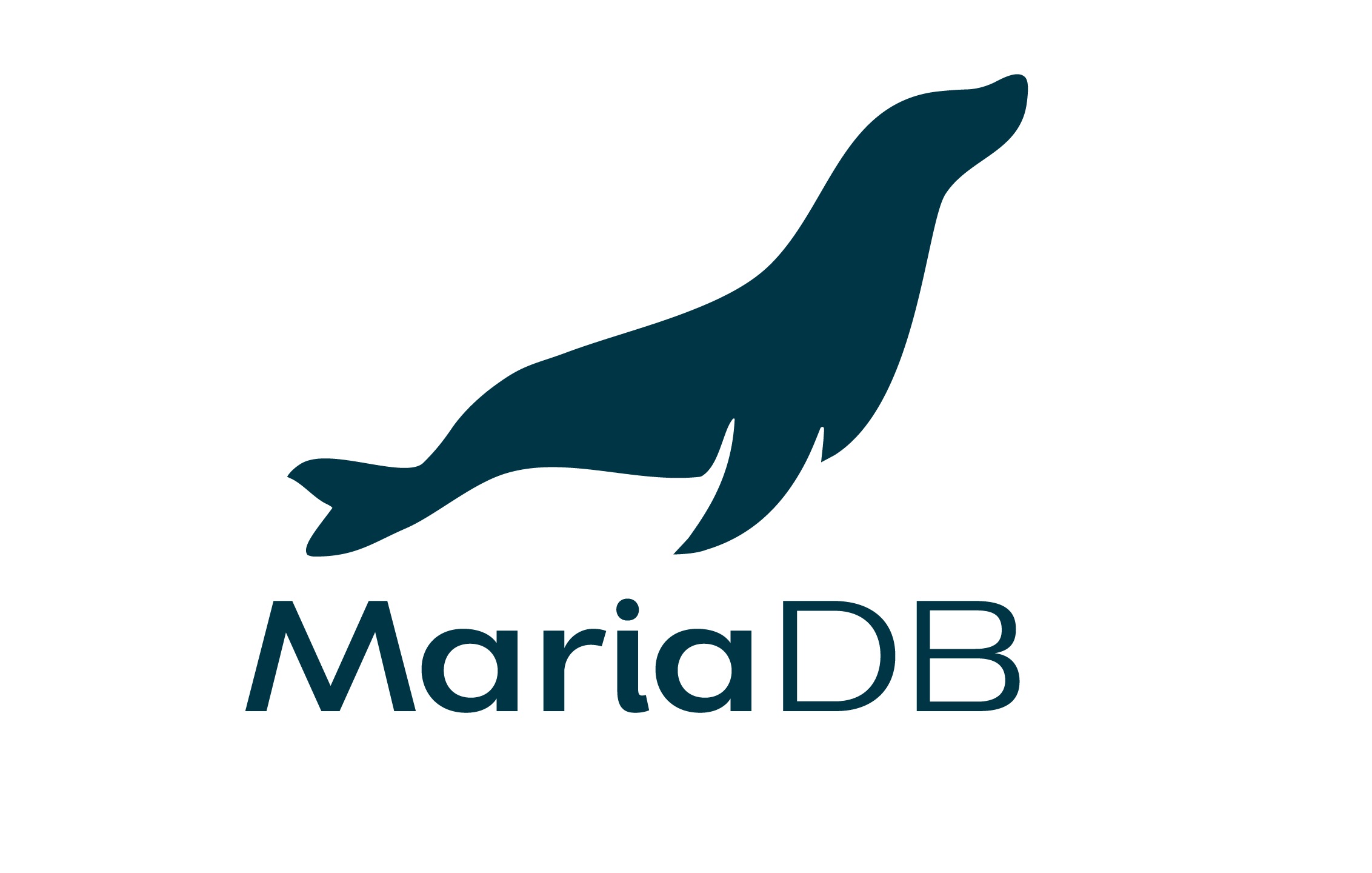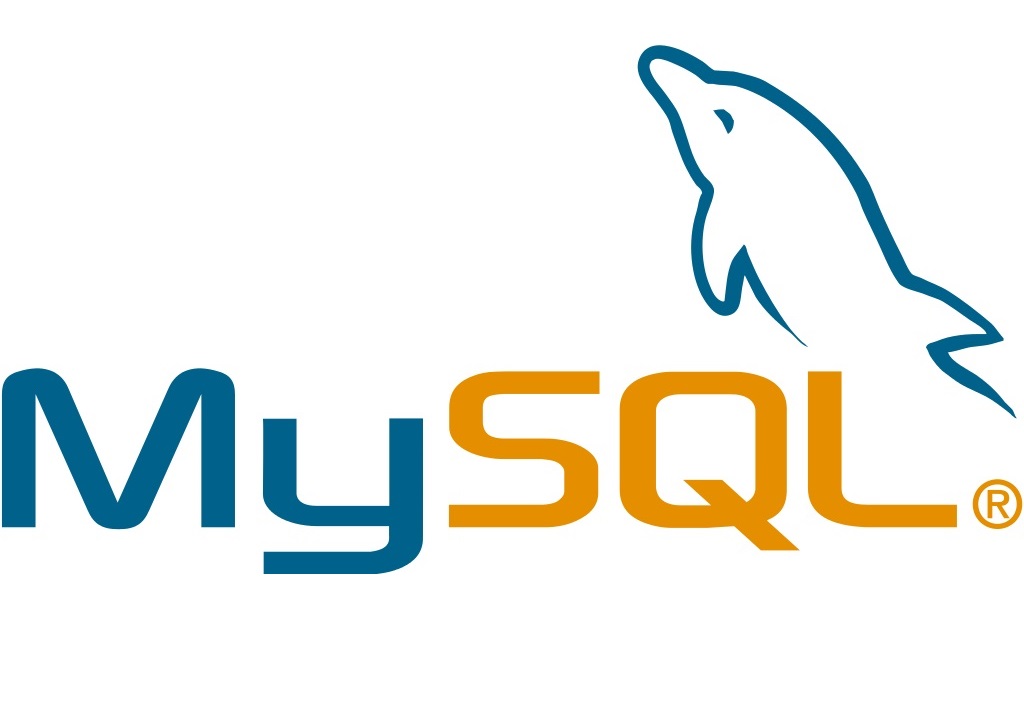Everything about Microsoft Azure SQL Database
Published
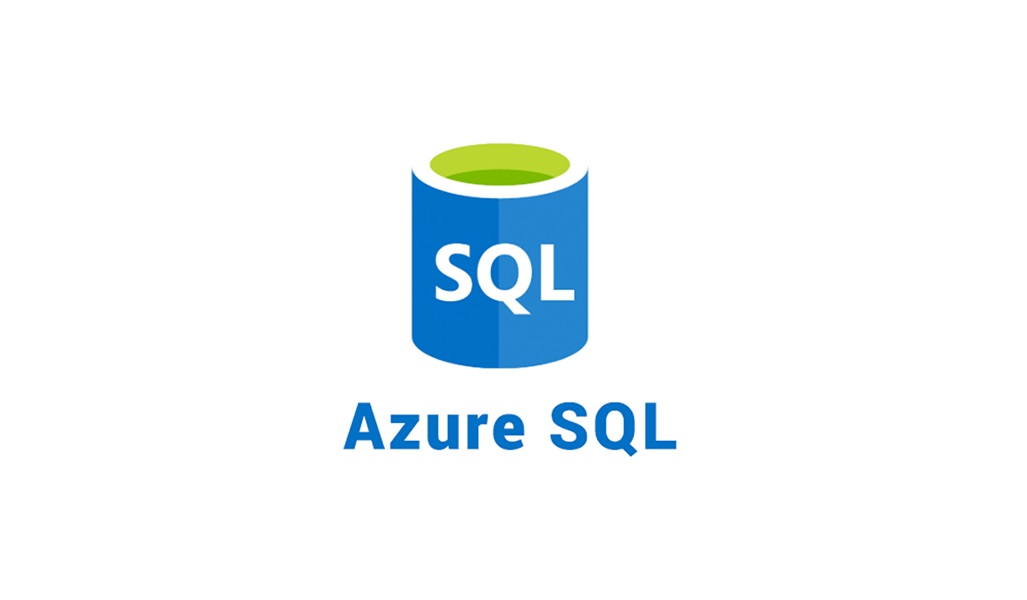
Microsoft Azure SQL Database is a cloud-based relational database service from Microsoft hosted on the Microsoft Azure cloud platform. Azure SQL Database is a fully managed and highly scalable database solution designed for cloud-based application development.
Azure SQL Database features include:
- Scalability: Azure SQL Database provides auto-scaling to automatically increase or decrease database capacity requirements based on demand.
- Security: The data in Azure SQL Database is protected by multiple layers of security such as data encryption, firewall, and database activity monitoring.
- Availability: Azure SQL Database provides high availability through redundant data storage and automatic failover.
- Integration: Azure SQL Database is fully integrated into the Microsoft Azure platform and can be combined with other Azure services such as Azure Functions, Azure Logic Apps and Azure Power BI.
- Scalable pricing: Azure SQL Database offers flexible pricing models based on database size and usage, so businesses only pay for the resources they need.
Overall, Azure SQL Database is a powerful, fully managed and scalable database solution designed for cloud-based application development.
If you want to refresh your SQL knowledge or even further expand it, we recommend you Skillshare as a learning platform.
How much does Microsoft Azure SQL Database cost?
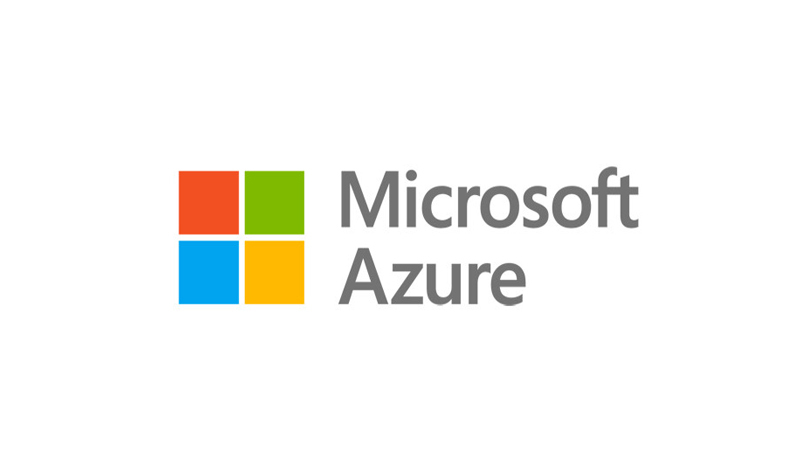
Those : pcmag.com
The cost of Microsoft Azure SQL Database depends on various factors such as the size of the database, the number of transactions, storage, and the region in which the database is hosted.
Azure SQL Database offers different pricing tiers based on the size of the database. Prices range from a basic single database instance to a hyperscale instance with high capacity and scalability.
The costs can also be influenced by the choice of power level. Azure SQL Database offers four performance levels: Basic, Standard, Premium and General Purpose. The cost per hour or per month varies depending on the service level and the associated resources.
Other factors that can affect costs include data transfer and backup options. For example, costs may increase if data needs to be transferred across regions or if additional backups need to be created.
Overall, the cost of Azure SQL Database can vary and depends on various factors. It's best to visit the official Azure website and use the pricing calculator to get an accurate estimate of the cost.
How easy is it to scale Microsoft Azure SQL Database?
Scaling Microsoft Azure SQL Database is very easy and can be done quickly. Azure SQL Database offers two types of scaling options: scaling out and scaling up.
Horizontal scaling refers to adding more database instances to accommodate a larger load. Azure SQL Database provides the ability to create multiple database instances and pool them into an elastic pool. An elastic pool allows resources to be shared across multiple databases and to automatically access the available resources. If a database needs more resources, they can be automatically allocated from the shared pool.
Vertical scaling refers to increasing resources within a single database instance. Azure SQL Database allows users to quickly change the performance level of the database instance to meet requirements. Performance tiers range from Basic to Hyperscale, and users can easily upgrade to a higher performance tier to get more storage, CPU performance, and IOPS (Input/Output Operations per Second).
Azure SQL Database also offers auto scaling to automatically increase or decrease resources based on load. This reduces the need for manual intervention and enables optimal use of resources.
Overall, scaling Microsoft Azure SQL Database is very easy and can be done quickly. There are various scaling options that allow users to quickly and easily respond to changes in demand.
Which companies use Microsoft Azure SQL Database?
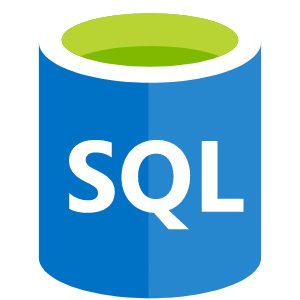
Those : vecta.io
Microsoft Azure SQL Database is used by many companies in various industries. Some examples of companies using Azure SQL Database include:
- Renault-Nissan-Mitsubishi: The alliance of three car manufacturers uses Azure SQL Database to process large amounts of data to improve vehicle development.
- Honeywell: The company uses Azure SQL Database to monitor and analyze IoT data to create safer work environments.
- HP Inc.: The technology manufacturer uses Azure SQL Database to manage and scale its customer database.
- Samsung: The electronics manufacturer uses Azure SQL Database to process data in real time to improve its products and services.
- Xerox: The company uses Azure SQL Database to support its workflow and document management solutions.
- ASOS: The online fashion and cosmetics platform uses Azure SQL Database to improve its data processing and analysis.
- LG Electronics: The electronics manufacturer uses Azure SQL Database to support its data processing and analysis to improve the efficiency and accuracy of its business processes.
- Fujitsu: The company uses Azure SQL Database for its cloud solutions to support its customers in digitalization.
Overall, many companies use Microsoft Azure SQL Database for various applications including IoT data analysis, customer database management, workflow management, and more.
